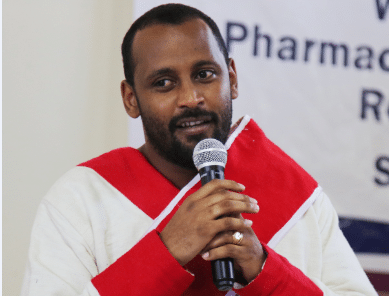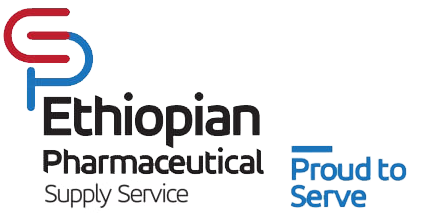Agency identifies three fundamental issues of focus

Director General of EPSA, Dr. Loko Abraham, announced that the Agency will focus on three fundamental issues in the 2019/20 budget year.
During his closing remark at the annual supply chain stakeholders meeting in Gondar, Dr. Loko identified human resources capacity building, integrated information system and market intelligence initiative as the fundamental centers of focus.
He went on to explain that building the capacity of workers entails equipping all the supply chain bodies of the Agency ranging from guards to directors by developing a curriculum that endows them with the required level of capacity.
The Director General noted that this year marks the beginning of moves to address workers’ dissatisfaction over the mismatch between pay on the one hand and effort and risk on the other, as an incentive package will be implemented after being approved by the board.
After duly noting that human resource is the center of all activities of the Agency, he underscored that the incentive package would not be a charity scheme provided for all; rather it would associated with performance.
Dr. Loko further explained that the Performance Based Initiative (PBI) would reward best performers while mediocre performers would sustain their positions.
The Director General noted that detailed performance measurements would be scaled down from group to individual level to gauge the performance of every individual worker. He added that a strict monitoring, support and evaluation system would be created towards realizing that.
Dealing with the second area of focus, integrated information system, the Director General remarked that the Agency’s information system seldom provided us with numbers that made it hard to create trust among ourselves and with health institutions. He noted that an integrated information system from a single database would be in place.
Moving on to the third area of focus, Market Intelligence Initiative, Dr. Loko stated that the initiative directly connects us with patients on matters related pharmaceuticals.
Further commenting on the issue, the Director General noted that the previous assumption to market information which asserts that the market itself directs us has been changed to incorporate pharmaceuticals that the Agency does not procure but patients at Tiku Anbessa, Gondar, St. Paul’s and other University hospitals use into our procurement list.
On the other hand, he went on to explain, old molecules in our procurement list would be taken out of market.
Dr. Loko further noted that the Agency would create a system to interfere when supply shortages of high demand pharmaceuticals occur because of supply gaps by private importers, to make sure that the society does not bear the brunt of huge surges in price.
The Director General also remarked that there would be a system to directly collect information from patients in major hospitals through the use of information desks.
Such a system would allow us collect information on such matters as patients receiving medicine prescribed to them, being told the medicine was unavailable while in fact it is, the presence of integration problem with the hospital as the medicine is available at the Agency or the presence of shortage through the country.
He also noted that on spot supply of pharmaceuticals, dependant on the decision of health facilities, would be introduced to patients in unbearable pain.
He wrapped up by stating that integrated approaches and team work in supply chain activities are the key to curb complaints about stock outs.
